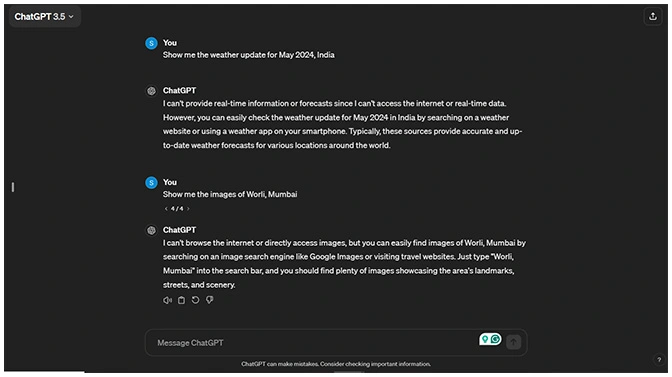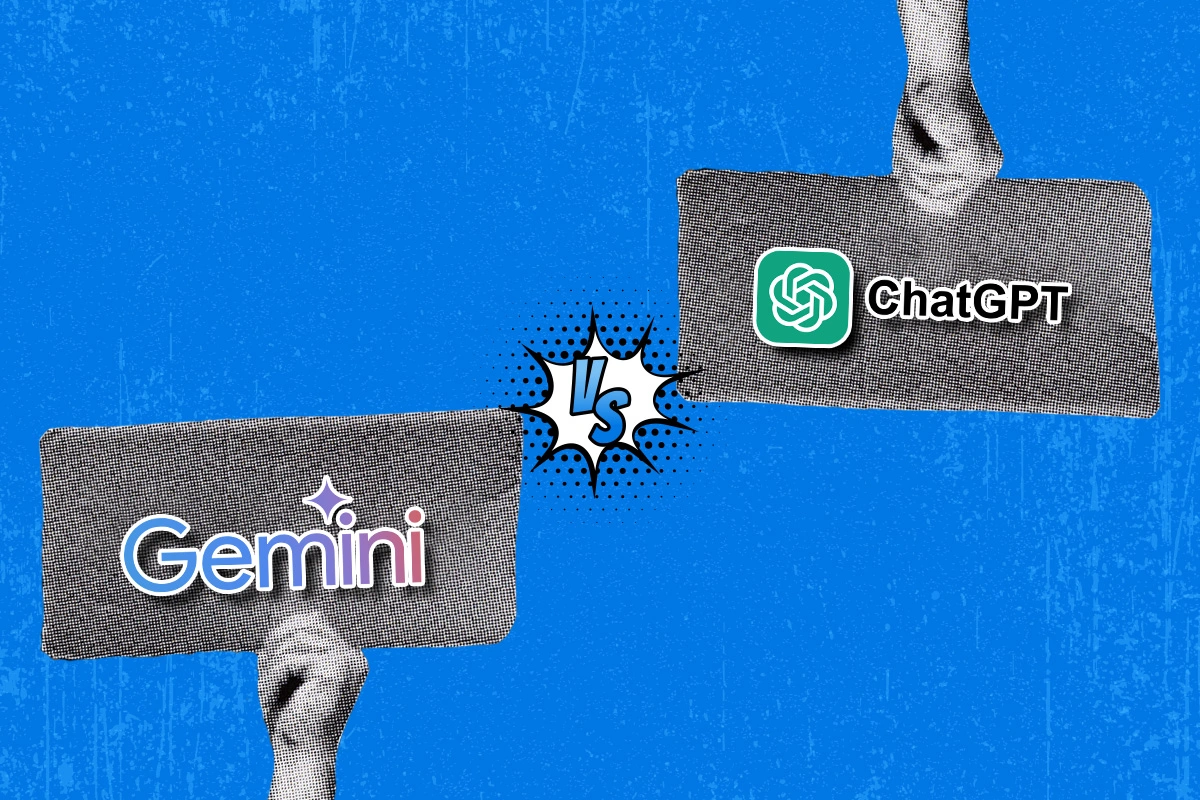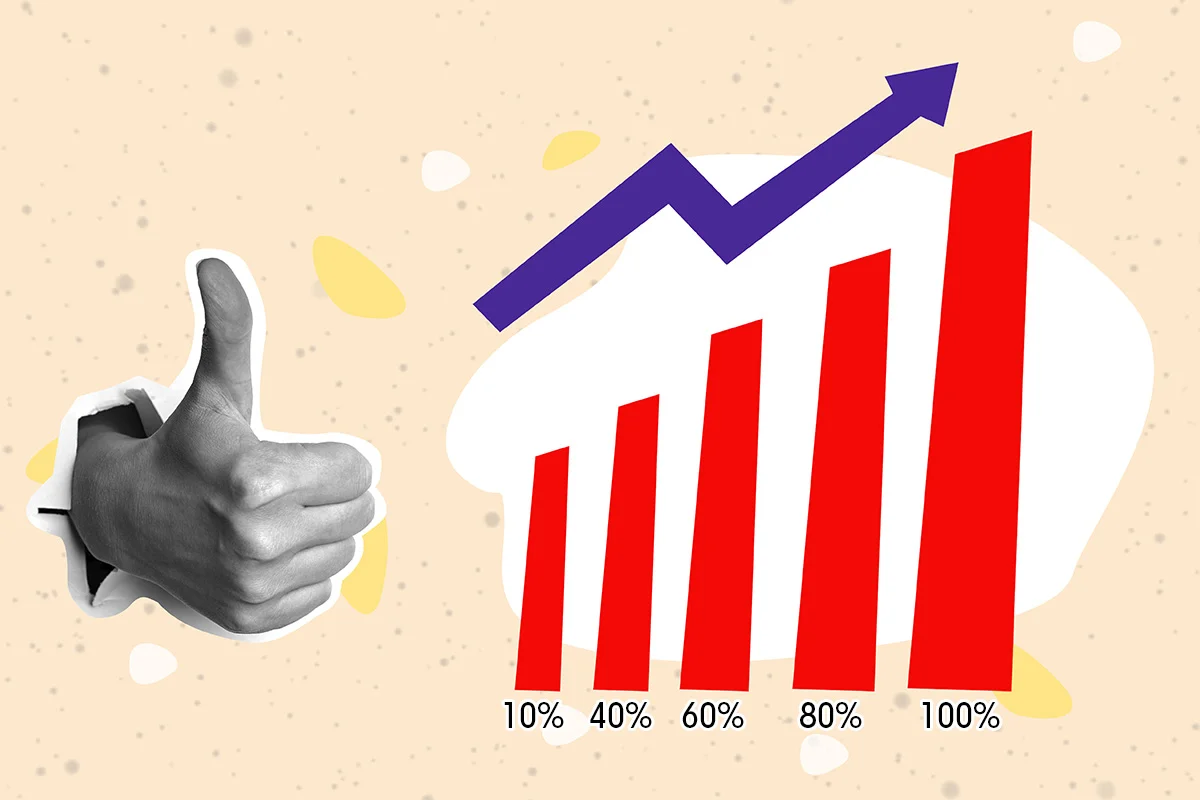AI can be a valuable tool for content creators, but it should not replace human expertise. 60% of marketers are already using AI content creation and in 2024, Google has emphasized the importance of high-quality content. Google says that AI-generated content won’t hurt search rankings if it’s helpful, original, and relevant. For SEO success, the real magic happens when you create content that genuinely enriches the lives of your audience.
The Impact of AI-Generated Content on SEO Rankings: What You Need to Know
Did you know that 60% of marketers are already leveraging AI-generated content in their content creation strategies? This trend is rapidly growing, with AI-powered tools promising faster content production and potentially improved SEO performance. But can AI-written content truly dominate search results? Let’s dive into the impact of AI on SEO and explore how to use these tools effectively.
The Rise of AI Writing Assistants
The content marketing arena is constantly evolving. Enter content generation tools, powered by AI, offering a range of features to streamline content creation:
-
Topic research and ideation:
AI can analyze vast amounts of data to identify trending topics and suggest relevant content ideas that resonate with your target audience.
-
Content generation:
AI assistants can draft entire articles, product descriptions, or social media posts based on your chosen keywords and desired tone.
-
Grammar and style checking:
These tools can identify and rectify grammatical errors, ensuring your content is polished and professional.
AI-generated content offers undeniable benefits for SEO:
-
Increased Efficiency:
AI can significantly accelerate content production, freeing up your team’s time to focus on strategic marketing initiatives.
-
24/7 Content Creation:
AI tools are tireless, allowing you to consistently publish fresh content, a crucial factor for search engine algorithms.
-
Improved Scalability:
As your business grows, you can easily scale up your content creation efforts using AI, without needing to expand your human workforce.
A few AIs are stepping into automating processes i.e., keyword enrichment of content, content analysis, improving insights, and creating content with ranking on search engines as top priority are getting automated by Generative AIs.
Generative AI studies the underlying patterns of the content, learns from it, and produces content in the same format. It can write a new poem like a famous poet after learning the patterns of his/her old poems, and it can even create new songs, podcasts, audio books, and much more in the same way.
Can AI Content Launch You to the Top of Search Results?
In recent times, Google has clearly said that “AI-generated content will not impact search rankings as long as the content is reliable, original and relevant to the target audience.” In a nutshell, the quality of the content matters. Not how it is produced. AI content or human content, if the content created is,
High quality if the content is,
- highly reliable
- fact-checked
- useful to the target audience.
- shareable
- rich in keywords, but sensible and
- absence of repetitive content,
then the content has a positive impact on search engine rankings. High quality content always delivers better results.
Poor Quality if the content is,
- not reliable
- not fact-checked
- not useful to the target audience.
- not shareable
- not rich keywords or keywords are simply stuffed, making readability not a prime concern.
- presence of repetitive content for the sake of keywords being present, then the content has a negative impact on search engine rankings.
Limitations of AI
Usually, the content created by AI is,
- Not in EEAT format – Expertise, experience, authoritativeness and trustworthiness
- Not fact-checked and AI randomly pulls down websites and creates content, not knowing whether the information provided on the internet is right or wrong.
- Content duplication – May contain repetitive content.
- May not be relevant to the said topic.
- May be outdated by ChatGPT.

However, it’s important to remember that AI is still under development, and there are potential drawbacks to consider:
-
Quality Concerns:
AI written content can sometimes lack originality and depth, failing to engage readers or provide valuable insights.
-
Search Engine Scrutiny:
Search engines like Google prioritize high-quality, human-written content. Overreliance on AI-generated content could negatively impact your rankings, especially if flagged by AI content detector.
-
Ethical Considerations:
AI content creation raises ethical concerns, such as potential plagiarism or the spread of misinformation.
Striking the Perfect Balance: Human + AI Collaboration

“AI should be seen as a tool to empower human creativity, not replace it.” – Bill Gates, founder of Microsoft.
How do I use AI for writing? This has emerged as a significant challenge for digital marketers. Well, the key to success lies in finding the right balance between human expertise and AI capabilities. Here’s how to leverage AI for SEO while maintaining high-quality content:
-
Focus on Human Oversight:
Always have a human editor review and refine AI generated content to ensure accuracy, clarity, and adherence to your brand voice.
-
Prioritize Originality:
Use AI for brainstorming and content generation, but never publish content directly without human intervention to add your unique perspective and insights.
-
Data-Driven Approach:
Utilize AI tools to analyze search trends, audience behavior, and competitor content. Use these insights to inform your content strategy and ensure your content resonates with your target audience.
-
AI content optimization tools:
Complement the power of AI writing with AI content optimization tools. These tools can help ensure your content is optimized for relevant keywords and adheres to SEO best practices.
Content produced entirely by AI does not qualify for copyright protection under US law. However, content adjusted by humans after content creation by AI can be copyrighted.
And so, AI content alone is not sufficient for good ranking in search engines. Human expertise and knowledge are needed to make that happen. Human SEOs are needed to supervise the AI content and make sure it is of good quality.
Human quality raters from Google follow EEAT and allow the content to be published on Google only if it meets this format. So, it becomes inevitable for content strategists to follow the EEAT format to make their content rank in search engines.
Conclusion
Utilize the advantages of using AI content if AI generative content is personalized and customized to businesses, social media posts & videos, sub-blogs, and such.
AI is the present. Generative AI will rule the future era of content creation.
AI-generated content presents a valuable tool for content creators and SEO professionals. Be straightforward with the clients and tell them if the AI content is used in the project. This will maintain trust and client relationship.
By understanding its strengths and limitations, businesses can leverage AI to streamline content production, improve efficiency, and potentially enhance their search engine rankings. However, achieving SEO success requires a focus on high-quality, human-centric content. AI should be viewed as a collaborative partner, not a replacement for human creativity and expertise.







